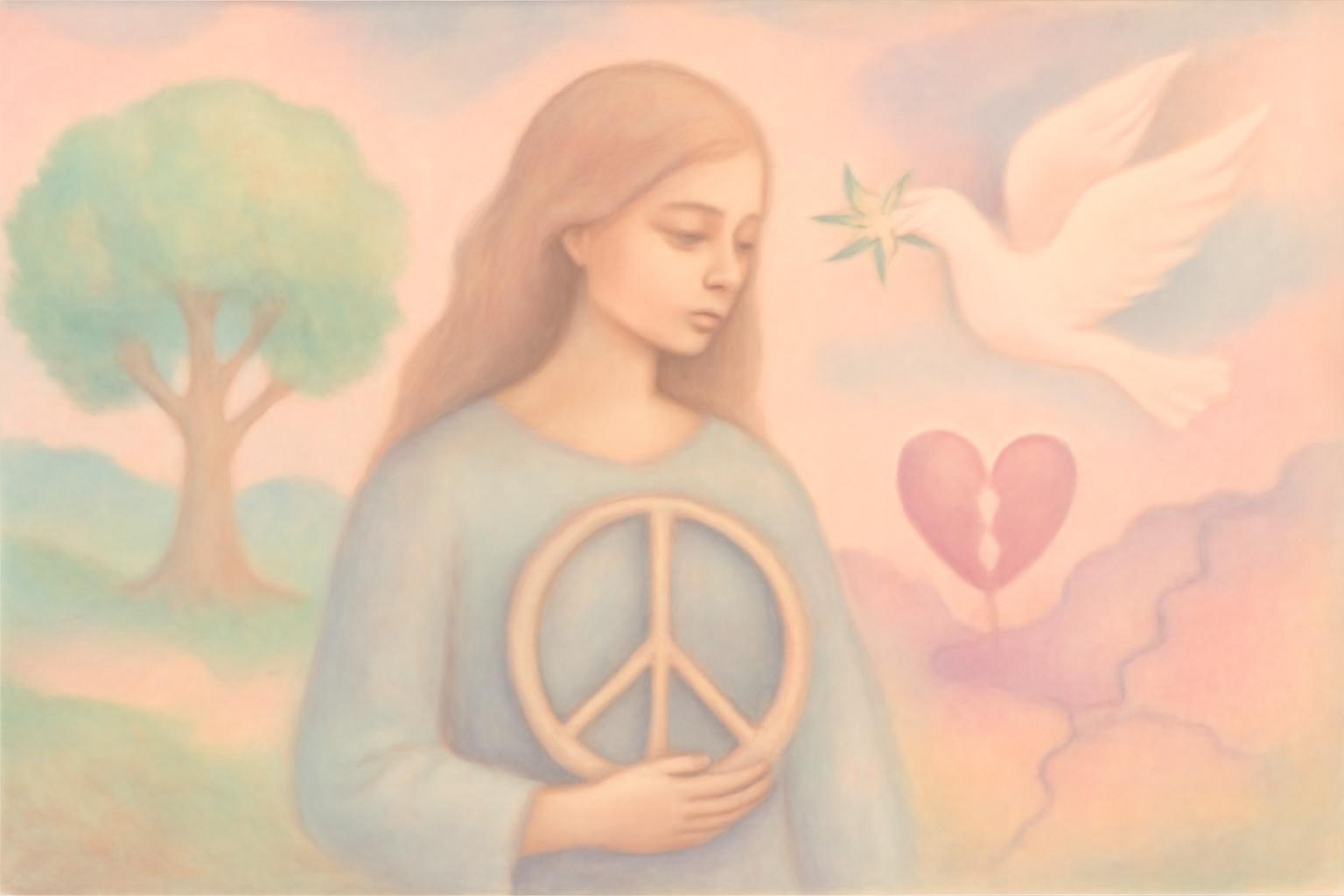There was hope, for a moment, beneath the humid skies and lush canopies where ancient elephants once roamed free—the hope that human wounds could be stitched closed with gentle words. Yet, the ceasefire frayed like old bamboo left too long in monsoon rain. In just hours, accusations became the wind, shaking the slender bodies of border trees, while guns spoke their sorrow, echoing across forests and rice fields. By dawn, the land quieted in uneasy anticipation, the borderlands holding their breath as officials prepared once more to gather—voices searching for a lost language of trust.
Even now, the scent of gunpowder lingers over emerald valleys, fertile ground now bearing the scars of recent violence. Once, these lands were wild commons, home to rivers and creatures—now divided by human lines, haunted by the heavy feet of soldiers. Over thirty souls—human kin, children of the sun—are lost beneath the canopy, their dreams stolen by bullets and bombs. Hundreds of thousands, uprooted like saplings, wander in fear along migratory paths, retracing ancient trails not of their choosing but of necessity. Homes, marketplaces, even sanctuaries of healing torn asunder by steel and fire. Claims of forbidden weapons mingle with the mist, truth and rumor woven together as tightly as the border thickets.
High above, diplomatic vultures circle: the United States, China, and regional powers weighing human lives on the scale of trade agreements and tariffs, speaking the cold arithmetics of extraction and advantage.
How hollow, this pageantry of peace, when the root causes remain—colonial borders carved into living earth with imperial blades, splitting people and forests with arrogant indifference. These wounds are the legacy of centuries-long dominion, where the river's flow and the forest's migration were choked and redirected by maps drawn in distant capitals—colonialism’s shadow, stretching far into the present moment.
And how desolate the aftertaste of this violence! For Mother Earth herself is bleeding—fields battered, trees felled by artillery, waters polluted by war's residue. The children of these lands, human and more-than-human, inhale fear with every breath. Capitalist logic pulses venom through each vein, turning green abundance into a battlefield, measuring life only in profit, dominance, borders, and bargains—a toxic spell cast upon the sacred body of Gaia.
We, children of many nations, must not forget the ancient wisdom of interconnectedness—a wisdom crushed by greed and nationalism. The tide of healing calls for decolonizing not just our politics, but our hearts and ways of seeing. The healing of this wound cannot be found in boardrooms or under the threat of tariffs, but through ceremony, apology, and the radical act of restoring kinship with land, river, and neighbor. Peace is not just an agreement, but a return—to honoring Earth as mother, to nurturing rather than conquering, to justice for all who dwell in the borderlands, seen and unseen. The time to awaken, to repair, to heal—a wild and necessary calling echoing through the battered forests and trembling hearts.
